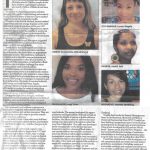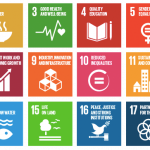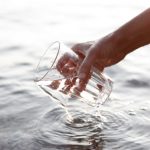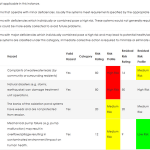Developing a Non-Revenue Water Pre-Feasibility Assessment Tool to assist Decision-Making of Appropriate Interventions
Non-Revenue Water (NRW) is a significant problem for many municipalities in South Africa, with average national NRW of approximately 39% and average per capita consumption approximately 223 litres. Numerous provinces in South Africa are either in a state of drought or have recently experienced drought conditions, with water restrictions still implemented in many municipalities, and some dams at drastically low levels. The importance of NRW management is therefore a critical activity now and going forward. Halving current water losses equates to approximately R6 billion (considering a production cost of R7.60/kl, and excluding additional income from improved metering and billing, deferred capital costs and electricity savings). This indicates a definite scope for improvement. Although NRW reduction projects can have short pay-back periods, significant barriers to developing these projects often exist at municipalities, including:
- Municipal capacity to develop bankable project proposals to access off-budget funding for NRW projects, and a lack of on-budget funds,
- Awareness of the potential for NRW projects and their impact on municipal revenue,
- Lack of political will to prioritise NRW projects or their feasibility studies, and
- Compliance and enforcement capabilities of authorities tasked to reduce water losses.
To address some of these barriers, a project has been initiated by GreenCape to assist municipalities with developing a pre-feasibility assessment of a municipality’s water business to highlight the potential opportunities that a NRW programme may bring. Such an assessment could be used to mobilise support for a NRW programme from possible funders, and also from the political and financial leadership in the municipality.
Emanti are assisting GreenCape with developing the tool, which includes interactions with both Municipal staff and other external users/stakeholders (Department of Water and Sanitation (DWS), South African Local Government Association (SALGA) and Municipal Infrastructure Support Agency (MISA) to ensure that users’ needs will be met. The following stepwise process is required:
- Literature review to determine appropriate NRW and financial related models
- Developing the draft tool
- Tool quality assurance via interactions with seasoned NRW practitioners
- Internal tool testing including debugging and associated amendments
- External tool testing at selected municipality
- Testing/roll-out of the tool to a wider group of municipalities.
It is anticipated that the tool will be completed by end 2017. For further information on the tool, please do not hesitate to contact us.



